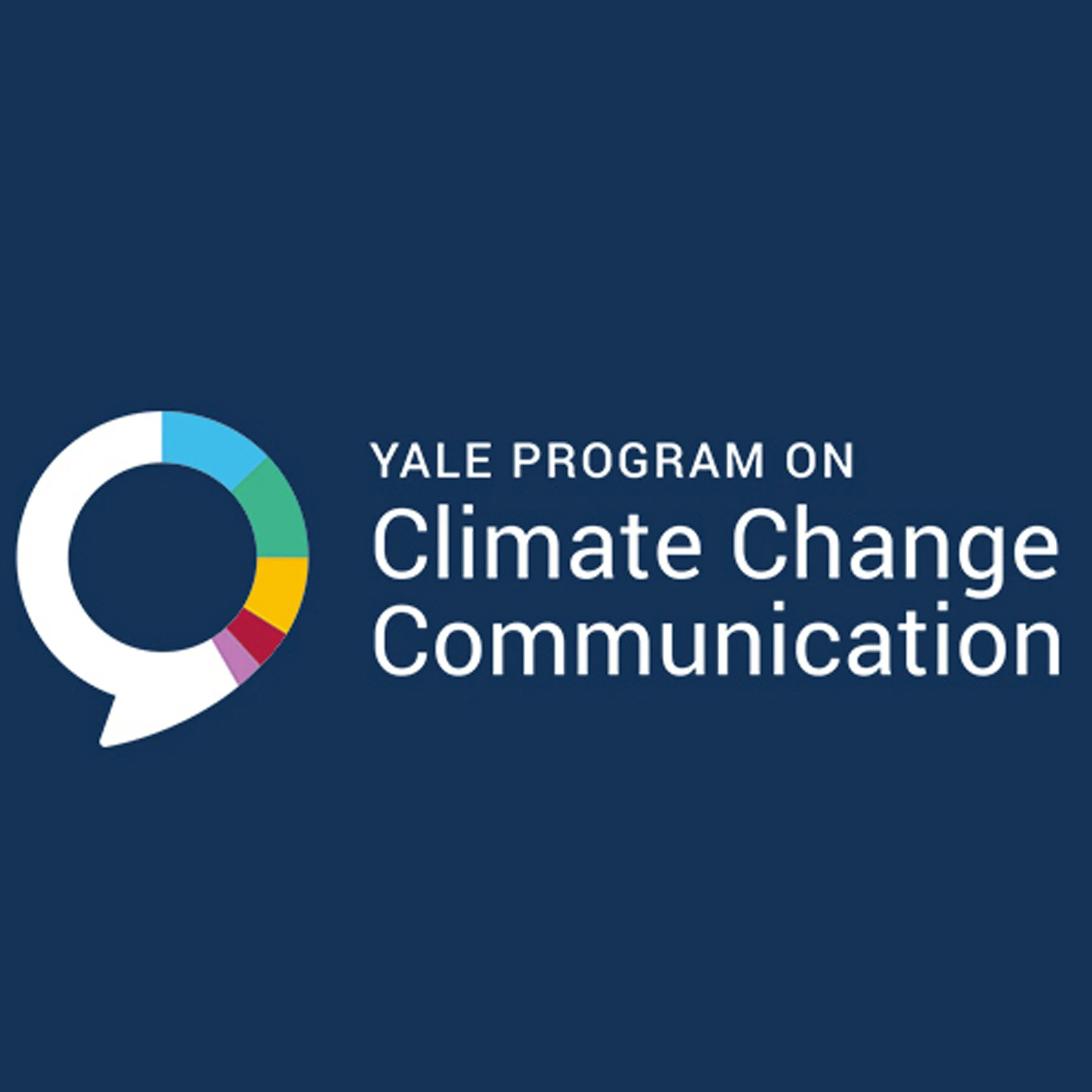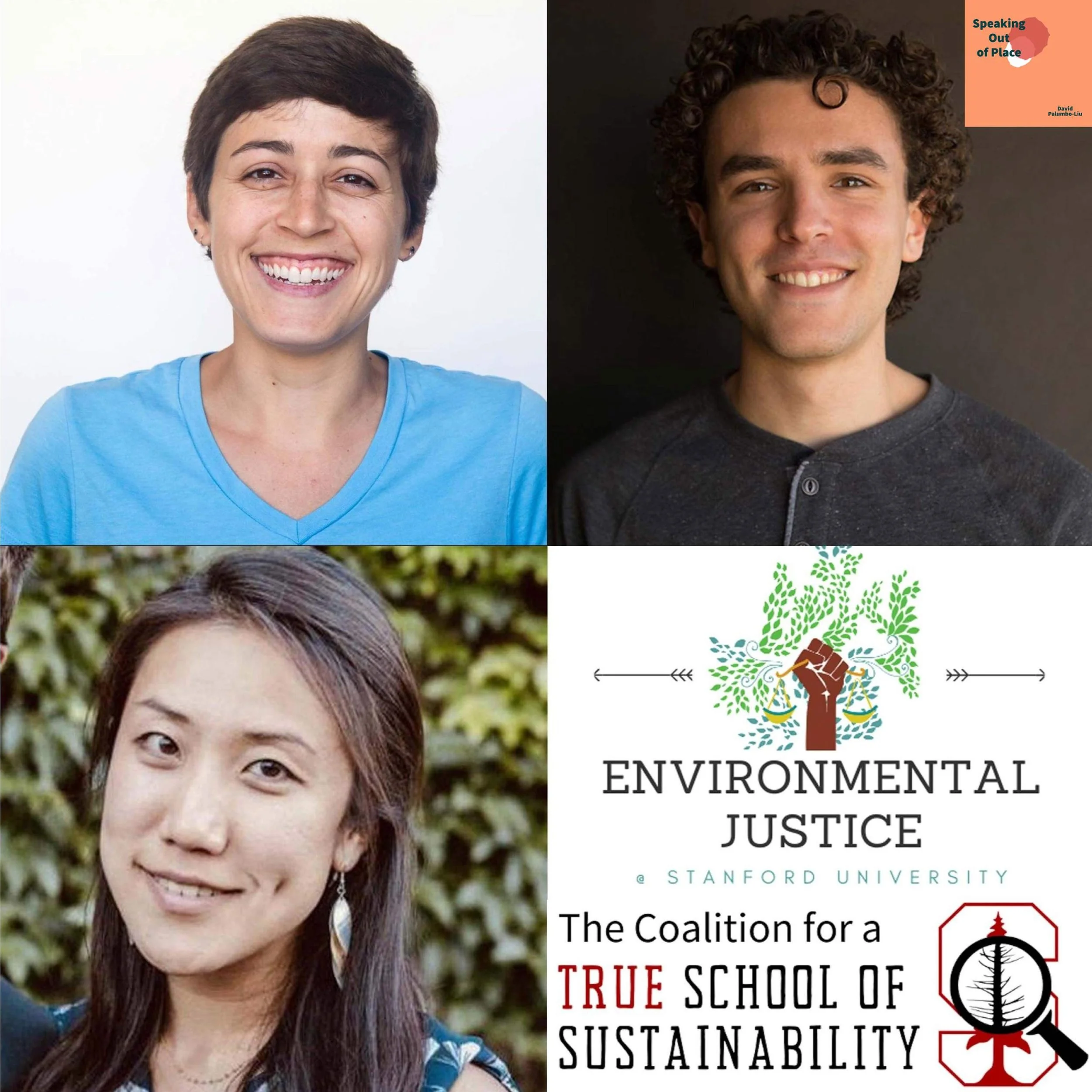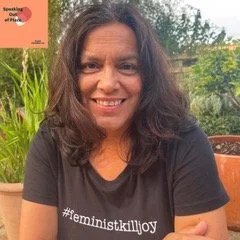SPEAKING OUT OF PLACE: Exploring Plant Intelligence with John Burrows & Paco Calvo
/Anishinaabe Legal Theorist · Philosopher
How might we learn about, learn with, and learn from our plant companions on this Earth? Plants show signs of communication and of learning. They produce and respond to many of the same neurochemicals as humans, including anesthetics. They share resources with one another, and when under threat, emit signals of warning and of pain. While Barrows and Calvo both urge us to listen to the Earth, during this conversation we discover that these two thinkers are often listening for different things. The discussion reveals fascinating points of difference and commonality. And in terms of the latter, the point both John and Paco insist upon is that we maintain our separation from other beings at our peril and at a loss.



















